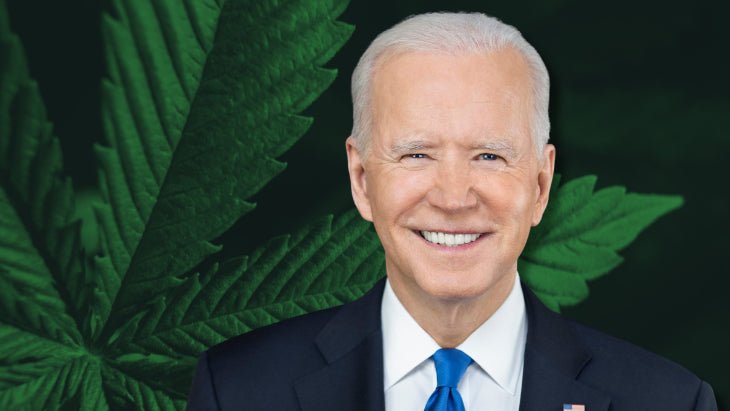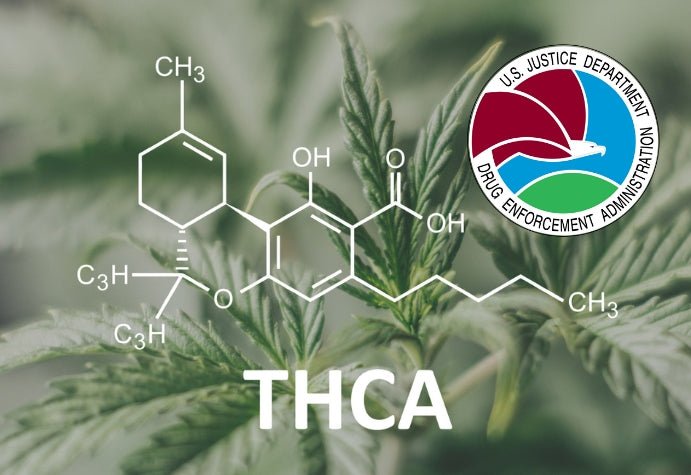To right the wrongs of past marijuana law enforcement, particularly among the poor and people of color, Minnesota could be grinding its adult-use cannabis market launch to a contentious and unnecessary halt.

“The road to hell is often paved with good intentions.”
- Portuguese Proverb
While the exact origin of the above quote is up for debate, its powerful meaning is undisputed, especially in a world that seems distractingly obsessed with eradicating unfairness toward and the mistreatment of others.
A prime example of the statement’s universal truth is the latest development in the ongoing effort to create the perfect social equity solution to distribute licenses in Minnesota’s upcoming adult-use marijuana market launch.
From its inception, Minnesota’s adult-use cannabis legalization statute has been micro-managed to the point of distraction concerning its sponsors’ edict to build the new industry from a foundation of social equity applicants.
Since marijuana was effectively outlawed with the passage of the Marijuana Act of 1937, law enforcement officials have historically targeted poor communities of color in their incessant crackdown on cannabis cultivation, distribution, and use. That attack on minority groups only worsened during President Nixon’s ill-fated “War on Drugs,” beginning in the early 1970s.
However, as cultural and societal views regarding cannabis softened and states began first to legalize medical marijuana programs and then adopt marijuana reform statutes establishing adult-use cannabis markets, many founding legalization architects lobbied for social equity provisions to be included in those laws as a means of reparations for the most negatively impacted citizens.
And, for the most part, the results of those honorable intentions have been positive. There is a litany of examples where former convicted cannabis felons were able to use the leg-up provided by the social equity mandates to take the pain of their past tribulations and transform it into a successful small cannabis business in their respective communities.
With that said, some states, like Minnesota, have taken that righteous desire to lift specific decimated populations to an extreme that could end up doing more harm than good for the state’s still-young and teetering adult-use cannabis industry.
According to Marijuana Moment, as a result of an almost fanatical preoccupation with ensuring that the state’s recreational marijuana market heavily favors those individuals designated as social equity applicants, between 30% and 40% of all Minnesota adults now technically qualify as SE eligible based on the latest rules approved by the State Legislature.
As Sen. Lindsey Port, DFL-Burnsville, the legalization statute’s chief sponsor in the Senate, told the Star Tribune this past March, “It is the state’s responsibility to undo (the harm of prohibition). That means we have to aim the benefits proportionally at the communities that were harmed.”
"It is the state’s responsibility to undo (the harm of prohibition). That means we have to aim the benefits proportionally at the communities that were harmed."
- MN State Sen. Lindsey Port, DFL-Burnsville
However, in their zeal to win the undeclared “Best Social Equity Plan,” Minnesota lawmakers have created a voluminous and far-reaching set of qualifying criteria that include several economic and social measures that go well beyond those individuals and communities who have been unfairly targeted and overpoliced during past years of cannabis enforcement.
The new rules now include anyone who:
- Has lived for five years in a neighborhood where more than 20% of people are in poverty or on food stamps or where the median income is less than 80% of the statewide or metro area;
- Has lived for five years in a neighborhood with high levels of social vulnerability as defined by the Centers for Disease Control;
- Is a military veteran or member of the National Guard;
- Was convicted of a cannabis offense in the past or had a close family member convicted of an offense;
- Manages a small farm with less than $100,000 in annual sales;
- Has lived for five years in a neighborhood that has seen a “disproportionate” rate of prior cannabis enforcement, as determined in a forthcoming study by the Office of Cannabis Management.
The goal of providing some level of retroactive justice for the legions of Americans unjustly harmed by the wrong-headed and racially discriminatory policies of the past is a virtuous one. However, despite the well-meaning nature of those efforts, this approach is proving to be an unwieldy and challenging policy for lawmakers and regulatory officials to enforce.
While an overt and concerted effort must be made to allocate resources and staffing to ensure that affected communities receive some level of preference when handing out the highly coveted cannabis business licenses, reason and pragmatism must also factor in when deciding on the rules, guidelines, and criteria for choosing the most worthy and appropriate SE applicants.
One hundred years of ill-conceived, racist, and economically motivated policies concerning cannabis cannot be fixed by politicians and business leaders in a matter of a few years with a handful of new laws.
The process of change is slow and messy at times. Letting “perfection become the enemy of the good” is not the most optimal approach to righting the wrongs of the past. Sometimes, narrowing the focus and emphasizing tangible goals over the unattainable is a more sound, long-term approach to creating a functional and progressive industry.







































